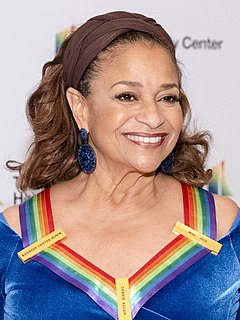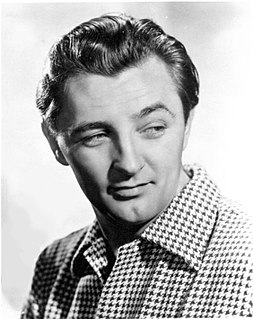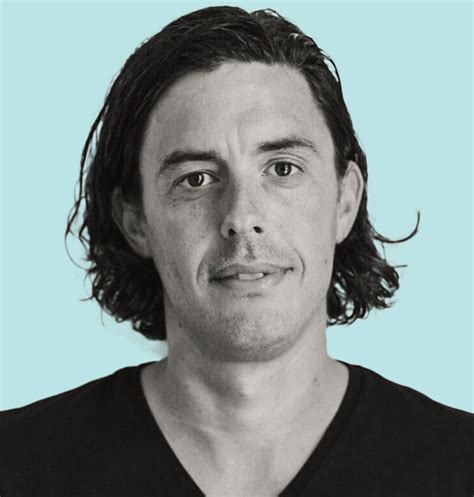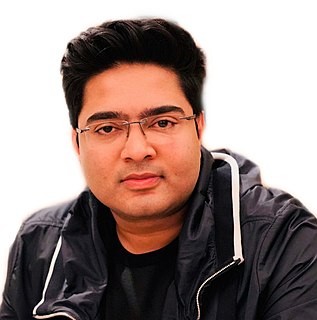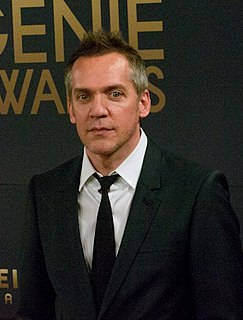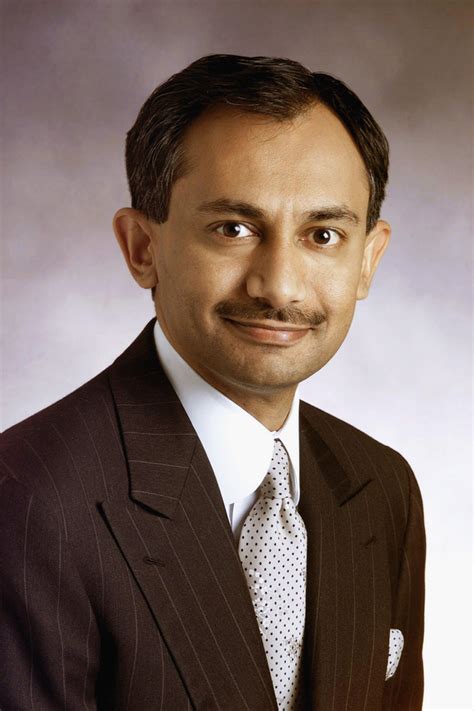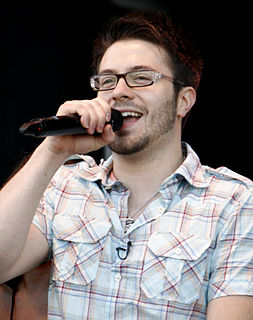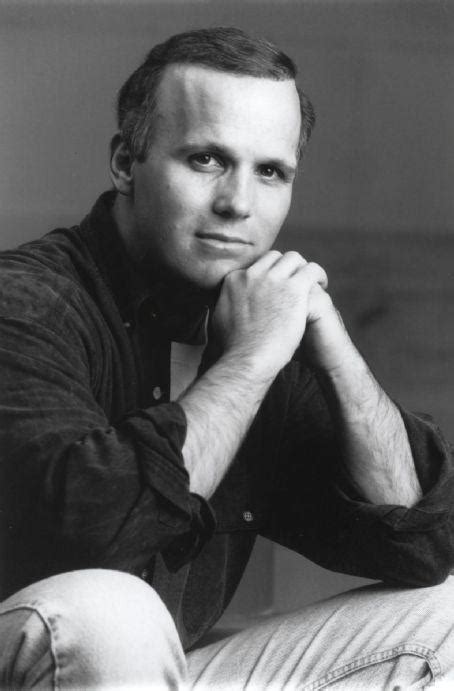A Quote by Debbie Allen
Time management is a big part of the director's job.
Quote Topics
Related Quotes
I'm always writing, but directing takes priority over everything, unless the acting is a job that lifts that whole brand. If I get a part in a big film with a big director and I was going to direct one of my one films, I would take the former job because that job will only help anything that I then intend to do. I think in the long run, directing is the thing that will outlive everything else. Maybe that and writing.
In Hong Kong, in our generation that started out in the 1970s, being a director wasn't a big deal. We didn't even have director's chairs. We weren't particularly well paid. The social standing of a film director wasn't that high. It was a sort of a plebeian job, a second or third grade one. And the studio heads are always practical, there's never any fawning because someone is a director. There's very little snobbery about one's position as a director. The only ones people treated differently were those that were also stars; or the directors who also owned their companies.
Very rarely have I worked with a director where we've been at odds. And by the time you've actually talked to somebody and you have the job, there's something that they see in you that they want you to bring to the character. And the best director says very little to you, acting-wise. They usually just say, "Okay, here's the shot." It's their job to do all that stuff, and your job's to do the acting. So it's very rare that somebody will say, "Oh, no. I conceived this very differently".
I really believed music was going to be a big part of my future, and that's why I took a truck driving job, so I could maintain my singing job at night. I put about 30 hours a week just for singing, going between two churches. And in order to afford that, I had to take a full time job so I could do my passion.
The part that the public sees is the arguments up at the podium and the briefs that we file. But a significant part of the job - in fact, I'd say I spend more of my time on this part of the job, which is deciding what the position of the United States will be in the cases that we're going to be participating in before the court.
